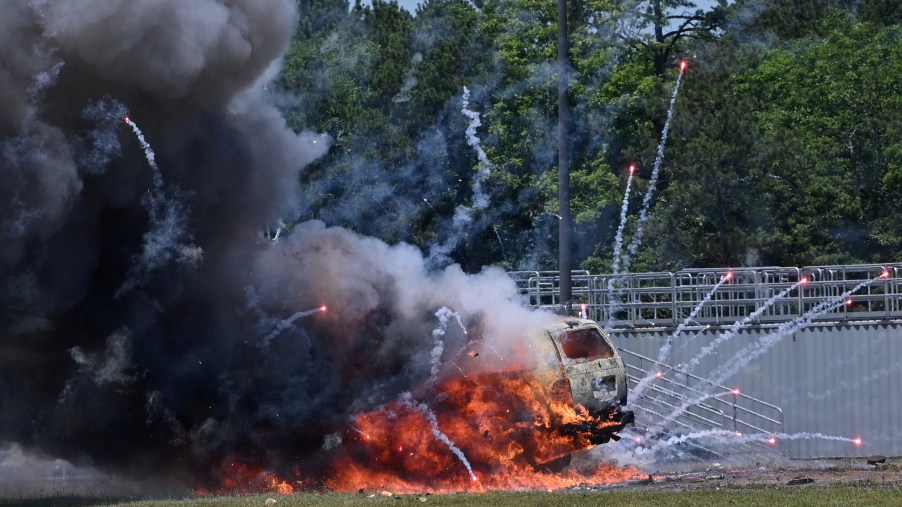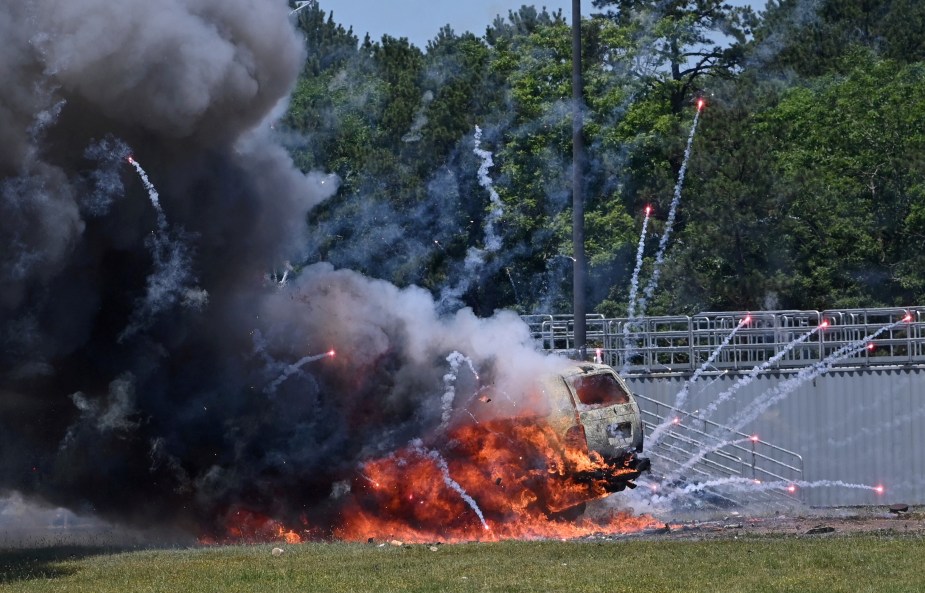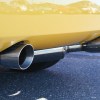
Don’t Store Your Fourth of July Fireworks in Your Car
Whether big or small, seemingly no Fourth of July celebration is complete without fireworks. And if you’re bringing some along to the party, you’re likely putting them in your car. On short trips, that’s fine. But it’s not a good idea to leave fireworks in your car for long, especially if it’s hot outside. Though not necessarily for the reasons you might think.
Don’t worry, Fourth of July fireworks won’t explode in a hot car

If you’ve ever left your car in the summer sun, you know how broiling hot the interior gets. Even on a cool day, the interior can heat up enough to kill pets and young children. But it doesn’t get hot enough to set off any fireworks.
According to the Centers for Disease Control and Prevention (CDC), car interior temperatures can reach up to 172 °F. That’s literally hotter than the hottest temperature ever recorded in nature on Earth. However, that’s still nowhere near gunpowder’s auto-ignition temperature, the temperature at which it will spontaneously ignite. And, side note, it’s also not even close to gasoline’s auto-ignition temperature. You’d need a professional-grade oven to set off Fourth of July fireworks, not a hot car.
But just because high temperatures won’t set off the fireworks doesn’t mean you can chuck them in your car overnight. And a hot day is far from the only risk factor.
Why it’s not a good idea to keep fireworks in your car
Although a hot car interior won’t ignite your Fourth of July fireworks, it can still damage them. High temperatures and UV rays can degrade the fireworks’ various chemicals and components. That’s why you shouldn’t store fireworks in direct sunlight or at elevated temperatures, Consumer Reports says.
In addition, fireworks, like gasoline, require oxygen and an ignition source, such as a spark, to catch fire. But it’s not necessarily enough to keep spare lighters or, if your car is old enough, cigarette lighters away from the Roman candles and sparklers. Although it’s not a common occurrence, static electricity can ignite gasoline. And theoretically, it can set off your fireworks, too.
Furthermore, as festive as they are, Fourth of July fireworks are still basically open flames. If they go off, you’re looking at a potential car fire. And even if the interior doesn’t catch fire, the ash and smoke from the fireworks can damage your car’s paint.
How do you safely transport Fourth of July fireworks in a car?
However, just because you shouldn’t store fireworks in your car doesn’t mean you can’t use it to transport them. It just requires a bit of prep work.
Firstly, as one can do with gasoline, put your Fourth of July fireworks in static-proof containers. Secondly, keep them in your trunk, not in the passenger space. Also, don’t ever try to light any fireworks inside or near the car, especially not when you’re driving. And if you want to go the extra mile, bring a fire extinguisher you know how to use.
Keep these things in mind, and your Fourth of July fireworks shouldn’t leave you with car problems.
Follow more updates from MotorBiscuit on our Facebook page.


